Imagine this: You attend a beautiful wedding, and a professional photographer is capturing every special moment. You feel the excitement as photos are being snapped all around you, and you’re eager to see them afterward. However, months later, you find a stunning picture of yourself from that day on the photographer’s Instagram page. You’re shocked because you didn’t give permission to use your image. So, it begs the question—can a photographer use my photos without my permission?
If you have wondered about this, you’re not alone. Many people face confusion over photo ownership and permission, especially in the digital age. Let’s look into this issue and see how laws and ethics come into play.
Understanding Who Owns the Photo
The Photographer’s Rights
In most places, when a photographer takes a photo, they generally own the copyright to it. This is because the law considers the photographer the “creator” of the image. So, even if it’s a picture of you, legally, the rights initially belong to the person behind the camera.
Photographers in Kenya and elsewhere are aware of this rule, and most operate under it. So if you’re at a wedding, a concert, or a public event, remember that the person taking the photo is likely the owner of that image. But what does this mean for you as the subject of the photo?
Your Rights as the Subject
As the person in the photo, you might feel a sense of ownership. After all, it’s your face, your emotions, and maybe even a personal or private moment captured in the image. However, legally, just being the subject doesn’t grant you automatic rights over how the photo is used. This can lead to a lot of tension and confusion—especially when photos end up online or in a magazine without your permission.
While the photographer owns the photo, you still have what are called “personality rights” or “image rights.” These rights allow you to control how your image is used in commercial spaces or any place where it could affect your reputation or privacy.
When Permission Isn’t Required
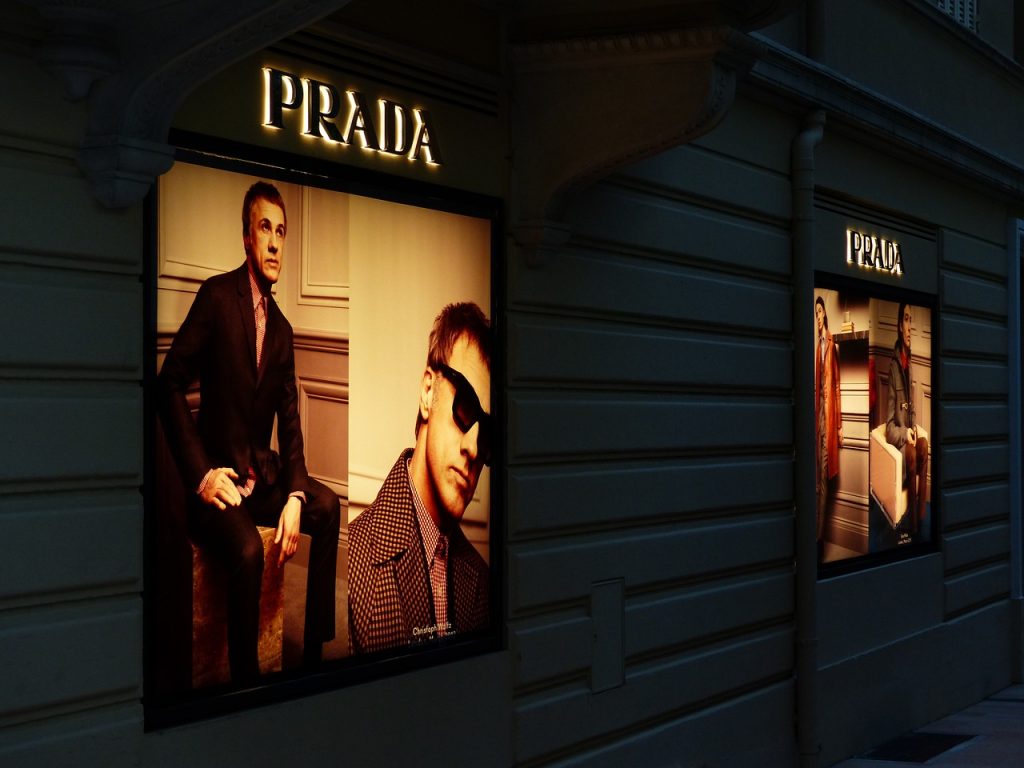
It may surprise you, but photographers don’t always need permission to use photos. For instance, if you’re in a public place, the photographer can technically capture your image and use it for certain purposes, especially if it’s for non-commercial reasons like art, news, or personal portfolios.
Let’s take our wedding example further: If the wedding was in a private venue and you posed for the photographer, the photographer could use those photos without explicitly asking you every time. However, if the image was for commercial purposes—like promoting a product or service—then they would typically need your consent.
Cases Where Permission Is Required
In cases where the photographer intends to use your photo for marketing or selling a product, they should seek permission. This is because your image can’t be used for commercial gain without your approval. If a wedding photographer uses your photo to advertise their services on a website or social media, they are likely entering a legal gray area. In Kenya, as in many countries, this could lead to claims of invasion of privacy or defamation if the use affects you negatively.
Example Susan and Her Photo on a Billboard
Imagine Susan, who attended a festival in Nairobi. A local photographer snapped an amazing photo of her dancing, full of joy and life. Without Susan’s knowledge, the photographer sold the photo to a company for a billboard advertisement. One day, Susan is shocked to see herself featured in a nationwide campaign. She didn’t give permission, and now she feels her privacy has been invaded.
In this situation, Susan could have grounds to ask for her image to be removed and, potentially, request compensation. The company’s use of her image without consent, especially for profit, crosses legal boundaries.
Understanding “Model Releases” and When They Matter
What Is a Model Release?
A model release is a written contract between the photographer and the person being photographed. It gives the photographer permission to use the photo in certain ways, particularly for commercial purposes. If you sign a model release, you’re essentially giving up the right to object to how the photo is used within the terms of the agreement.
In Kenya, model releases are commonly used by photographers who plan to sell photos to companies, magazines, or stock photo websites. This ensures that both parties understand and agree on how the images will be used.
What If You Didn’t Sign Anything?
If you didn’t sign a model release, the photographer is limited in how they can use your photo. For example, they could use it in their personal portfolio or on social media but might not legally be allowed to sell it for commercial gain. Without a signed release, you have more power to request the removal of images or even seek legal action if your photo is used in a way that harms your privacy or reputation.
The Importance of Reading the Fine Print
If a photographer hands you a document to sign, take a minute to read it carefully. Many people overlook model releases, assuming it’s “just paperwork,” but these documents can determine where your image ends up. For instance, signing a release could mean your photo is seen in places you may not anticipate, like international websites or product advertisements.
Privacy Laws and Personal Image Rights in Kenya
Kenya’s Privacy Protections
Kenya’s Constitution recognizes the right to privacy, which includes image rights. If a photographer uses your image in a way that invades your privacy, you could have legal recourse. This is particularly true if your image is used in a way that affects your personal life, family, or reputation. For example, if a photo taken in a private setting is leaked online without your consent, you may be able to file a legal complaint.
Protecting Your Rights in the Digital Age
Social media has changed the landscape of photography and privacy. Photos can spread within minutes, reaching far beyond the photographer’s intentions. If a photographer posts your image online without permission and it goes viral, your privacy could be compromised, even if you had no initial issue with the photo itself.
To protect your rights, you can politely ask photographers not to share certain images online. Most professionals will respect these requests, especially if you’re clear about your preferences upfront.
How to Handle a Situation Where Your Photo Was Used Without Permission
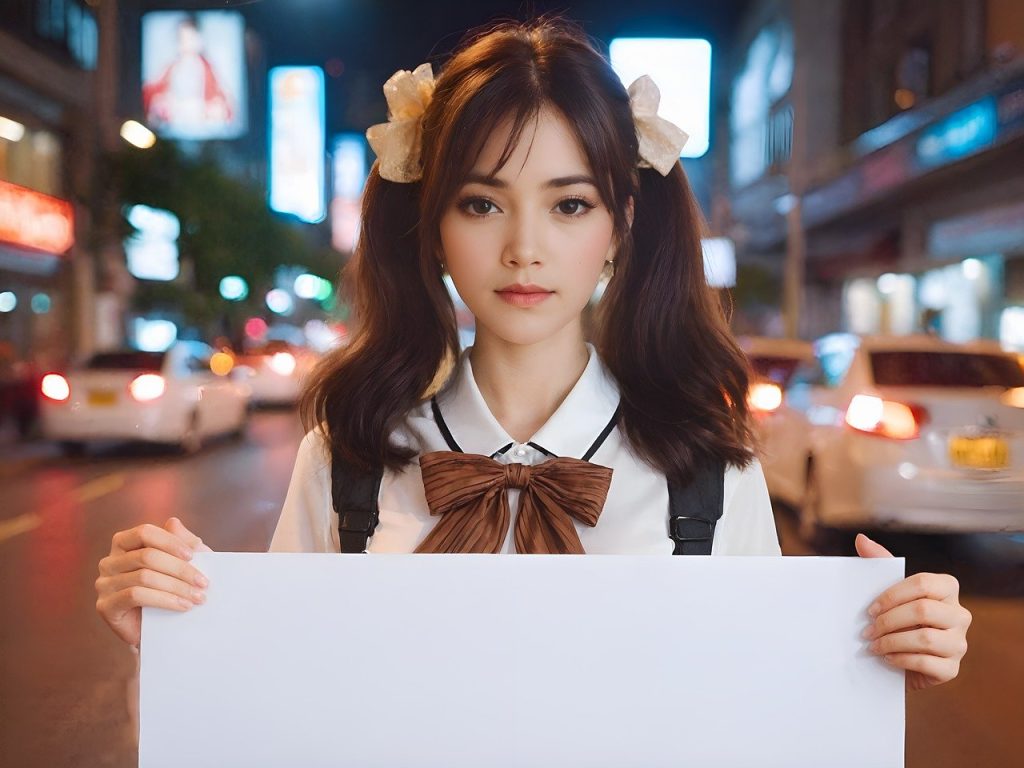
Step 1: Contact the Photographer
If you discover your image being used without permission, the first step is to contact the photographer directly. Many times, this can be resolved with a polite conversation. Explain your concerns, and they may agree to remove the photo or limit its use.
Step 2: File a Legal Complaint If Necessary
If a photographer refuses to cooperate or if the image has been used in a damaging way, you may consider filing a legal complaint. Kenya’s legal system does provide avenues for privacy-related grievances. Consulting a lawyer with experience in image rights and copyright law can help you understand your options.
Step 3: Protect Yourself Moving Forward
When attending events where photographers are present, communicate your preferences about photo usage. If you’re uncomfortable with your images being shared, tell the photographer directly. Taking a proactive approach can prevent future issues and set boundaries for how your images are used.
Can a Photographer Use My Photos Without My Permission? The Bottom Line
So, can a photographer use your photos without permission? The answer is complex. In Kenya, photographers do have ownership rights over their photos, but this does not mean they can use your image however they wish. Your personality rights provide some protection, especially in cases where the photo is used for commercial purposes or in ways that may harm your privacy.
The best approach is to communicate openly and clearly with photographers about how you want your images handled. Most photographers are willing to respect your wishes, especially if they understand your concerns upfront.
By understanding your rights and taking a proactive stance, you can protect your image and privacy. So the next time you’re at an event in Nairobi, remember: it’s okay to ask questions, set boundaries, and know when to seek help if your image is used without your permission.
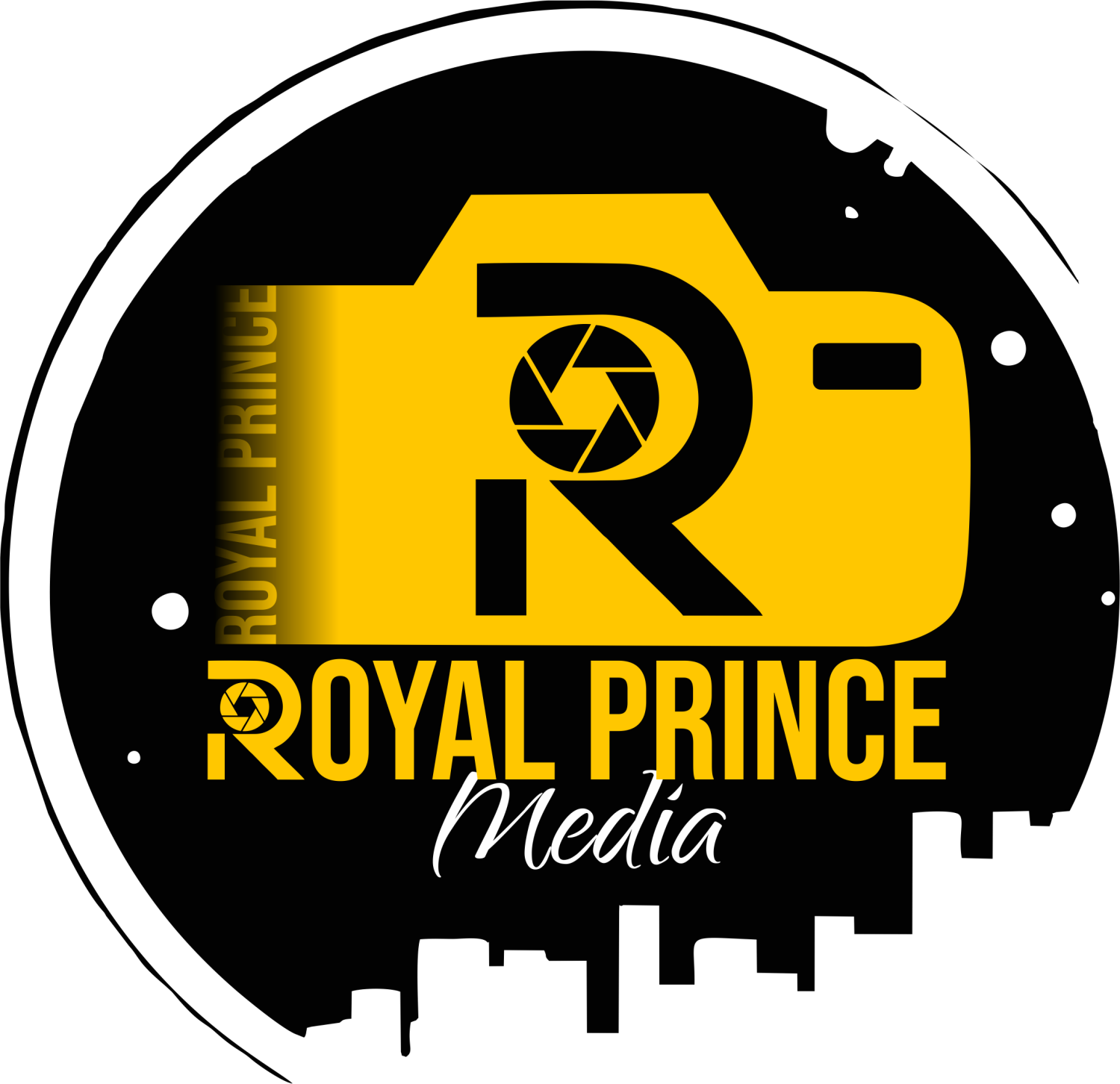

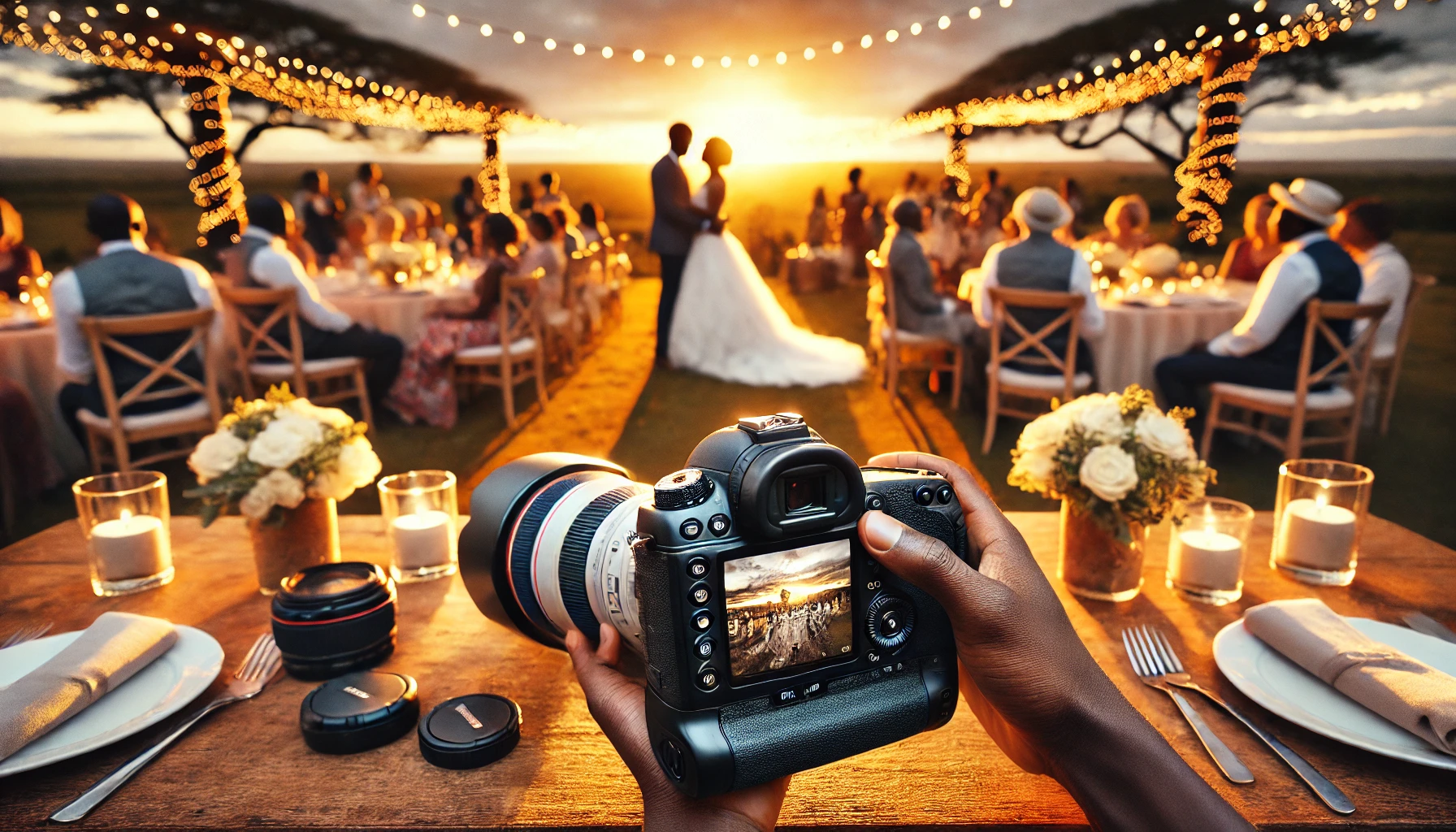
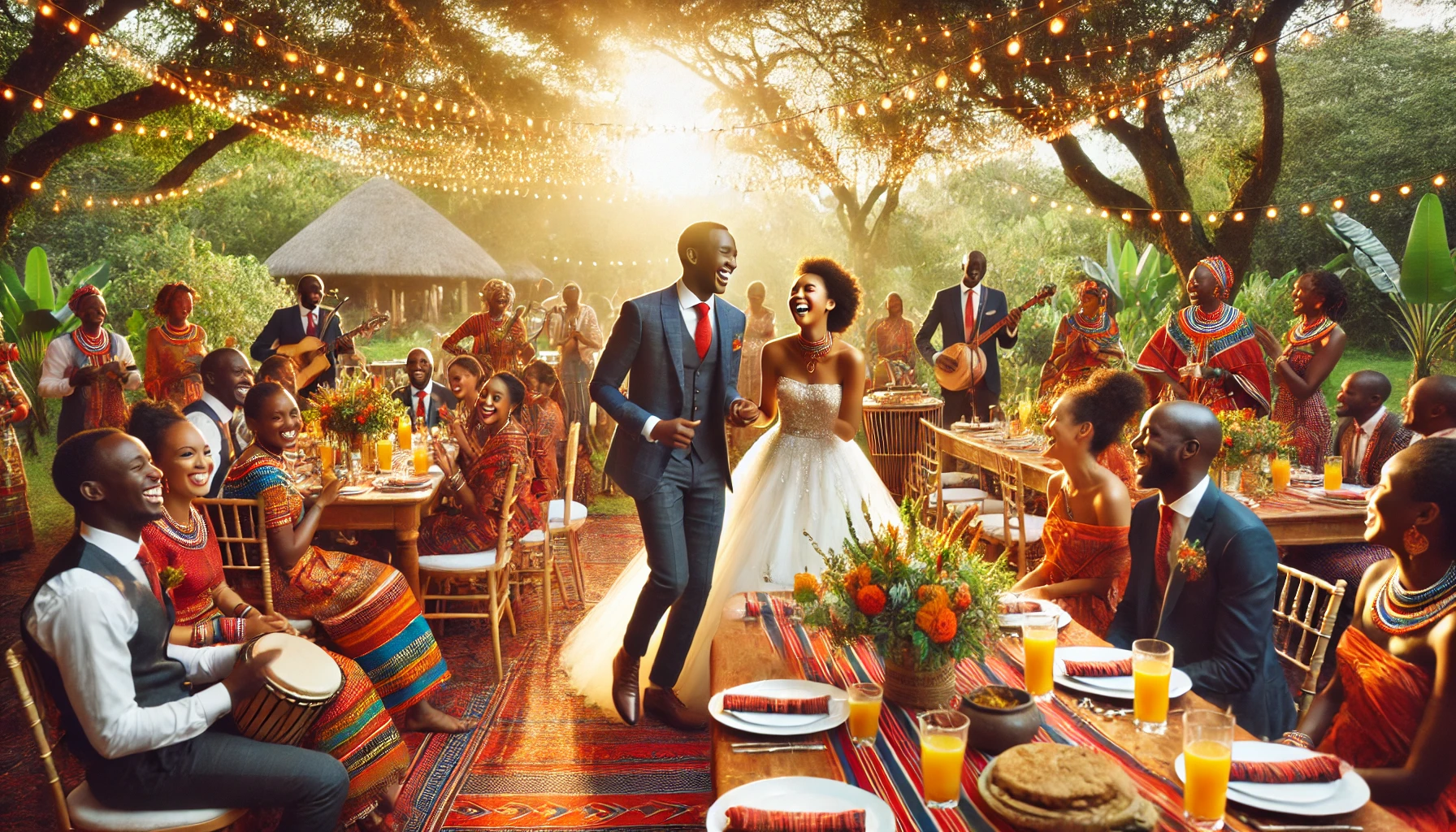
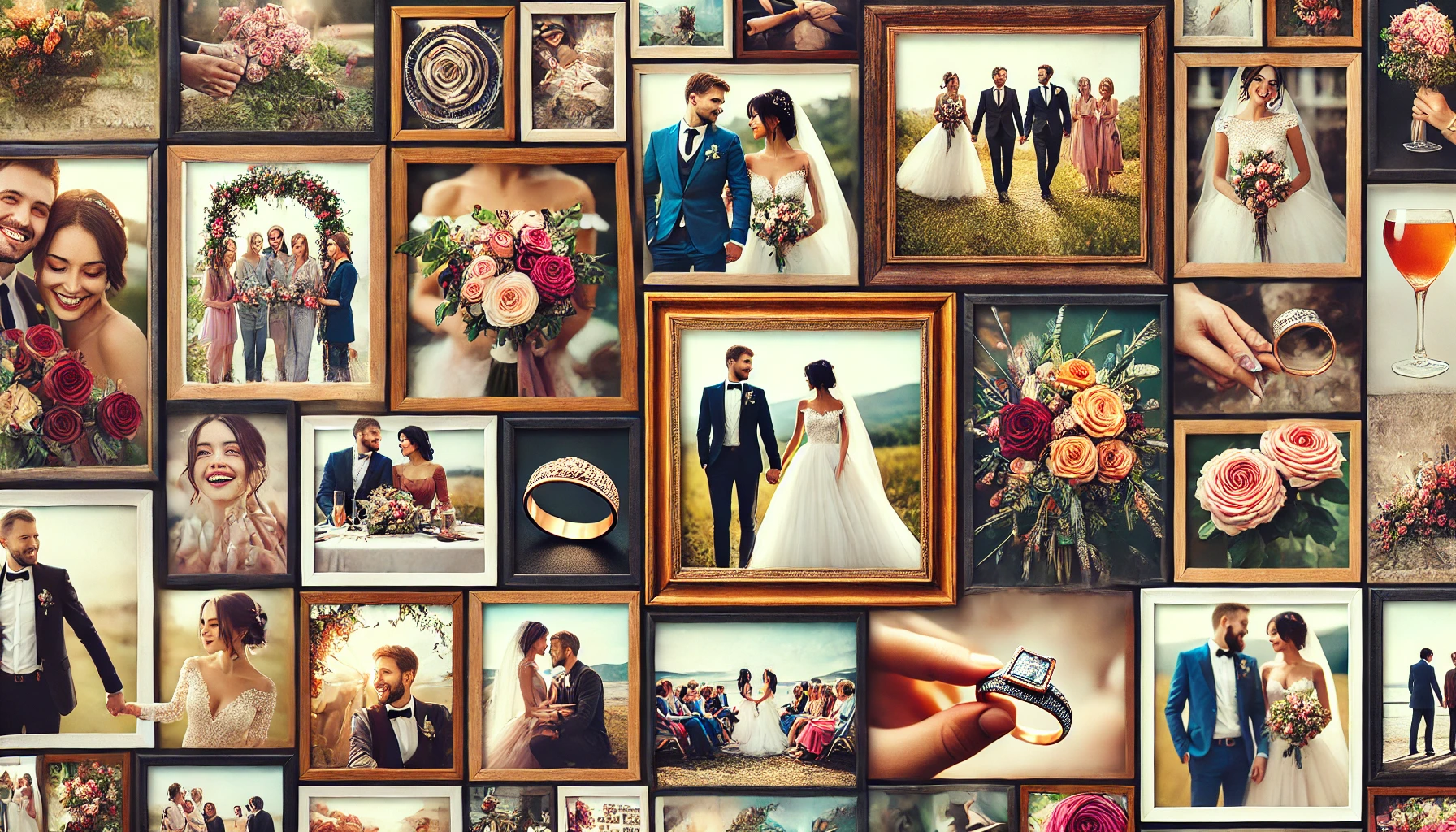
Leave a Reply